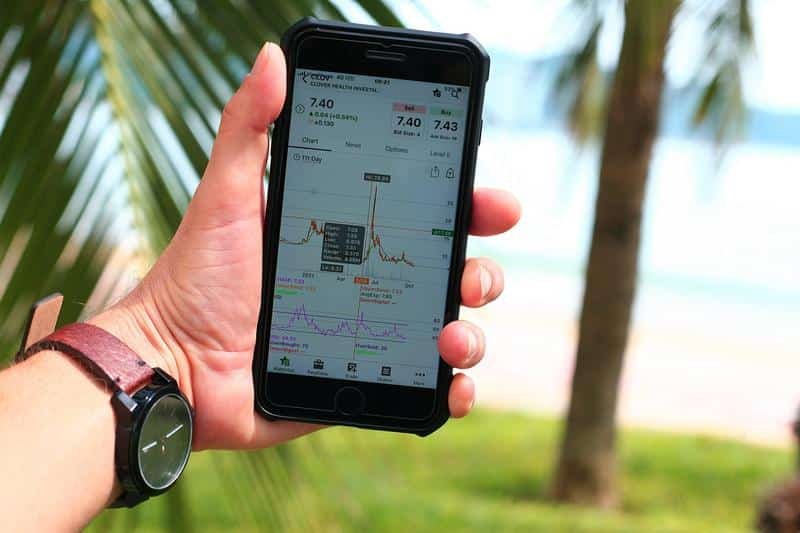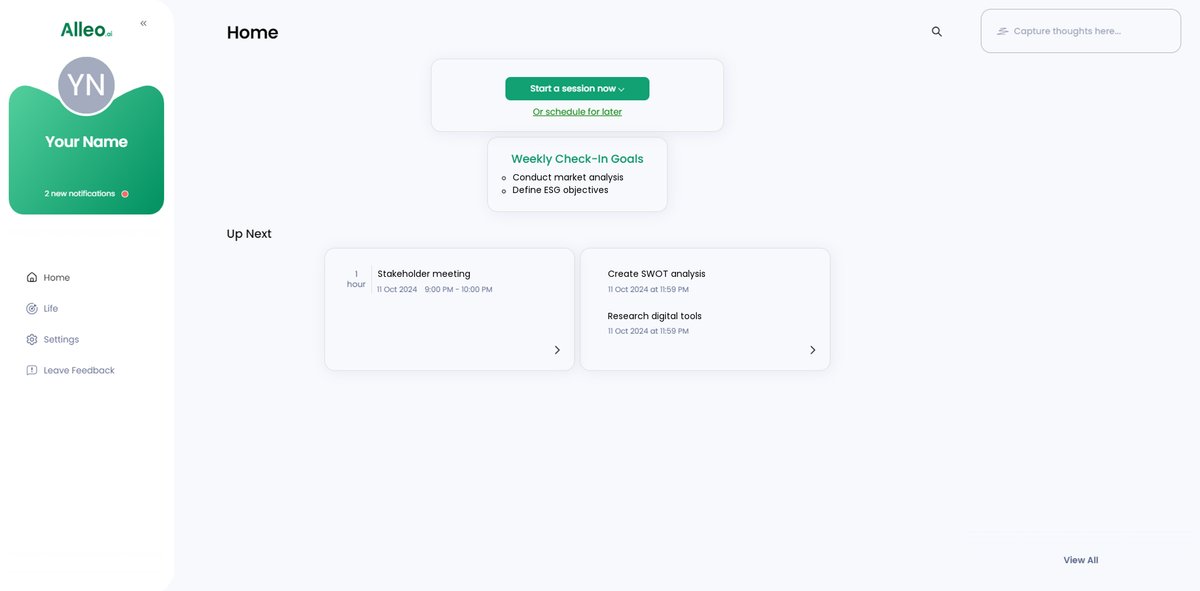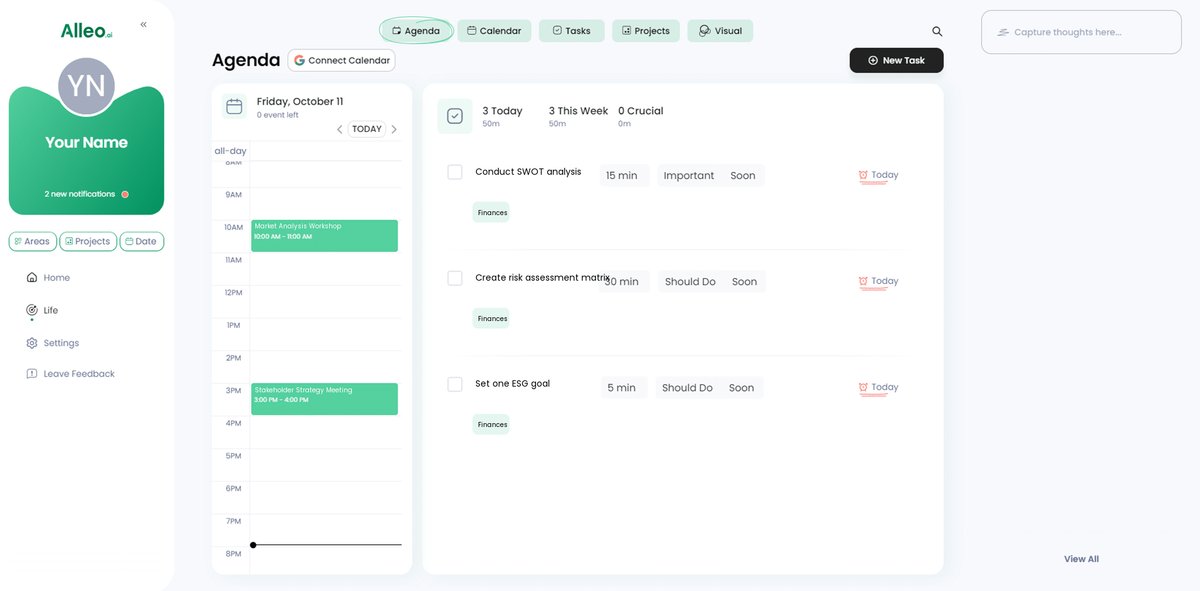7 Powerful Strategies to Develop a Sustainable Business in Volatile Markets
What if you could develop sustainable business strategies for volatility that not only withstand market volatility but thrive in it?
As a life coach, I’ve helped many small business owners navigate these challenges. I often encounter entrepreneurs struggling to adapt to rapidly changing markets and implement business resilience planning.
In this article, you’ll discover seven key strategies for developing a sustainable business strategy. These strategies will help you stay resilient, achieve long-term profitability in uncertain markets, and build a sustainable competitive advantage.
Let’s dive in and explore these agile business strategies for sustainable entrepreneurship.

Understanding Market Volatility and Entrepreneurial Challenges
Navigating market volatility is a significant hurdle for small business owners today. This instability can disrupt operations and threaten long-term success, emphasizing the need for sustainable business strategies for volatility.
Many clients initially struggle with unpredictable demand and fluctuating revenues. For instance, sudden economic shifts can upend even the best-laid plans, highlighting the importance of business resilience planning.
In my experience, entrepreneurs often face tough decisions about resource allocation and risk management for startups. They need to adopt adaptive business models to survive in unstable economies.
The challenge becomes even more pronounced with historical examples. Sunrise’s success since the 1980s in the entertainment industry highlights the importance of a long-term vision and sustainable entrepreneurship.
In volatile markets, having a sustainable strategy is not just beneficial—it’s essential for maintaining a sustainable competitive advantage and ensuring long-term profitability in uncertain markets.

Key Steps to Developing a Sustainable Business Strategy
Overcoming this challenge requires a few key steps. Here are the main areas to focus on to make progress in developing sustainable business strategies for volatility.
- Conduct thorough market analysis and risk assessment: Use market research tools and perform a SWOT analysis to understand market volatility strategies.
- Develop a flexible, adaptable business model: Implement agile business strategies and diversify revenue streams to enhance business resilience planning.
- Prioritize sustainable practices and ESG goals: Set measurable ESG goals and invest in eco-friendly business practices and sustainable technologies.
- Build strong stakeholder relationships: Establish transparent communication and engage with stakeholders to support sustainable entrepreneurship.
- Implement robust risk management strategies: Develop a risk management plan for startups and utilize financial instruments to navigate uncertain markets.
- Focus on innovation and digital transformation: Invest in R&D and adopt digital tools to drive innovation in unstable economies.
- Seek mentorship and strategic partnerships: Connect with mentors and form strategic partnerships to gain a sustainable competitive advantage.
Let’s dive in!
1: Conduct thorough market analysis and risk assessment
Conducting thorough market analysis and risk assessment is vital for developing sustainable business strategies for volatility in uncertain markets.
Actionable Steps:
- Utilize market research tools: Gather data on industry trends, customer preferences, and competitor strategies to stay informed and build business resilience.
- Perform a SWOT analysis: Identify your strengths, weaknesses, opportunities, and threats to understand your business environment better and create adaptive business models.
- Create a risk assessment matrix: Evaluate potential risks and their impact on your business to prioritize your response and enhance risk management for startups.
Key benefits of thorough market analysis include:
- Enhanced decision-making capabilities for sustainable entrepreneurship
- Better understanding of customer needs in volatile markets
- Improved competitive positioning and sustainable competitive advantage
Explanation: Conducting market analysis and risk assessment helps you make informed decisions and mitigate potential threats in unstable economies.
By understanding market volatility strategies and risks, you can adapt your strategy to maintain stability and long-term profitability in uncertain markets. For more insights, visit AuditBoard’s blog on risk management strategies.
Implementing these steps ensures you are prepared for market changes and can navigate challenges effectively, contributing to sustainable business strategies for volatility.

2: Develop a flexible, adaptable business model
Developing a flexible, adaptable business model is essential for navigating market volatility and implementing sustainable business strategies for volatility.
Actionable Steps:
- Implement agile methodologies: Embrace agile business strategies to enable quick pivots in response to market changes.
- Diversify product or service offerings: Expand your range to reduce dependency on a single revenue stream, enhancing business resilience planning.
- Regularly review and update your business model: Use current data and market conditions to make informed adjustments and maintain sustainable competitive advantage.
Explanation: Adapting your business model to market changes helps ensure resilience and long-term profitability in uncertain markets.
For example, agile methodologies allow you to pivot quickly, while diversification reduces risk. Regular updates keep your strategy current, supporting sustainable entrepreneurship.
For further reading, visit Embroker’s blog on business uncertainty.
These steps will help you build a robust business model capable of thriving in volatile markets and implementing sustainable business strategies for volatility.

3: Prioritize sustainable practices and ESG goals
Prioritizing sustainable practices and ESG goals is crucial for long-term viability in volatile markets, forming a key component of sustainable business strategies for volatility.
Actionable Steps:
- Set measurable ESG goals: Define clear, quantifiable environmental, social, and governance objectives to guide your business practices and enhance business resilience planning.
- Invest in sustainable technologies: Allocate resources to technologies that minimize your environmental impact, like renewable energy sources, supporting eco-friendly business practices.
- Engage with stakeholders: Communicate your sustainability commitment to customers, suppliers, and employees, and seek their feedback, fostering sustainable entrepreneurship.
Explanation: Implementing sustainable practices and ESG goals helps build resilience and fosters trust with stakeholders. This approach aligns with growing global demands for sustainability and contributes to long-term profitability in uncertain markets.
For more insights, read about the benefits of ESG practices on the BSR blog.
These steps ensure your business remains competitive and responsible, even in challenging market conditions, providing a sustainable competitive advantage in the face of market volatility.

4: Build strong stakeholder relationships
Building strong stakeholder relationships is crucial for maintaining stability and gaining support in volatile markets, making it a key sustainable business strategy for volatility.
Actionable Steps:
- Establish transparent communication channels: Regularly update customers, suppliers, and employees to build trust and keep everyone informed, enhancing business resilience planning.
- Organize regular stakeholder meetings: Schedule consistent meetings to discuss progress, challenges, and opportunities, ensuring everyone is aligned with your sustainable entrepreneurship goals.
- Develop a stakeholder engagement plan: Include diverse perspectives and external advisory councils to address various needs and viewpoints, supporting adaptive business models.
Key strategies for effective stakeholder engagement in market volatility:
- Active listening and feedback incorporation
- Regular, transparent reporting on progress
- Collaborative problem-solving sessions for sustainable competitive advantage
Explanation: Building strong stakeholder relationships ensures ongoing support and collaboration, enhancing your business’s resilience and long-term profitability in uncertain markets.
Engaging stakeholders creates a network of allies who can provide valuable insights and resources for innovation in unstable economies. For further insights, explore the benefits of stakeholder engagement on the BSR blog.
Strengthening these relationships helps your business navigate market changes and maintain long-term success, a crucial aspect of sustainable business strategies for volatility.

5: Implement robust risk management strategies
Implementing robust risk management strategies is essential for entrepreneurs to safeguard their businesses in volatile markets and develop sustainable business strategies for volatility.
Actionable Steps:
- Develop a comprehensive risk management plan: Identify potential risks, assess their impact, and devise mitigation strategies to minimize disruptions and enhance business resilience planning.
- Utilize insurance and financial instruments: Protect your business by transferring or mitigating significant risks through appropriate insurance policies and financial tools, contributing to long-term profitability in uncertain markets.
- Continuously monitor and review risks: Regularly update your risk management plan based on current data and emerging threats to stay prepared and maintain sustainable competitive advantage.
Explanation: Implementing these steps helps you proactively manage uncertainties and sustain your business during market fluctuations, supporting sustainable entrepreneurship.
By continuously monitoring risks and using financial tools, you can protect your business from unexpected events and develop adaptive business models. For more information, consider reading about effective risk management strategies on the AuditBoard blog.
Adopting robust risk management strategies ensures your business is resilient in the face of volatility, aligning with market volatility strategies and agile business strategies.

6: Focus on innovation and digital transformation
Focusing on innovation and digital transformation is key to staying competitive in volatile markets and developing sustainable business strategies for volatility.
Actionable Steps:
- Invest in research and development: Allocate resources to R&D to drive innovation and create sustainable competitive advantages.
- Adopt digital tools and platforms: Enhance efficiency, productivity, and customer engagement by leveraging digital solutions for long-term profitability in uncertain markets.
- Leverage data analytics: Use data analytics to make informed business decisions and identify new opportunities for sustainable entrepreneurship.
Key areas for digital transformation in adaptive business models:
- Cloud-based operations and storage
- AI-driven customer service solutions
- Automated marketing and sales processes
Explanation: Embracing innovation and digital transformation helps you stay ahead of market volatility and improve operational efficiency. For instance, investing in R&D can lead to breakthrough products and services that support sustainable business strategies for volatility.
Adopting digital tools enhances customer engagement and contributes to business resilience planning. To learn more, check out Embroker’s blog on business uncertainty.
These steps will ensure your business remains agile and competitive in a rapidly changing market, supporting sustainable business strategies for volatility.

7: Seek mentorship and strategic partnerships
Seeking mentorship and forming strategic partnerships can significantly enhance your business’s resilience in volatile markets, contributing to sustainable business strategies for volatility.
Actionable Steps:
- Join industry networks and forums: Connect with experienced mentors and advisors who can provide valuable insights on market volatility strategies.
- Form strategic partnerships: Collaborate with other businesses to share resources and knowledge, reducing individual risks and enhancing business resilience planning.
- Utilize digital mentorship platforms: Access global expertise and guidance through online platforms dedicated to mentorship, supporting sustainable entrepreneurship.
Explanation: These steps are crucial because they provide you with diverse perspectives and support for developing adaptive business models.
Engaging with mentors and partners can help you navigate complex market conditions more effectively, improving your risk management for startups.
For instance, mentorship has been shown to significantly increase business success rates by offering strategic guidance and resources for long-term profitability in uncertain markets.
Building these relationships can be a game-changer for your business’s adaptability and long-term success, contributing to a sustainable competitive advantage in unstable economies.

Partner with Alleo on Your Business Journey
We’ve explored the challenges of developing sustainable business strategies for volatility in uncertain markets. But did you know Alleo can make this journey towards business resilience planning easier and faster?
Setting up an account is simple. Create a personalized plan with Alleo’s AI coach to overcome specific challenges and implement adaptive business models for long-term profitability in uncertain markets.
The coach will follow up on progress, handle changes, and keep you accountable via text and push notifications, helping you maintain sustainable competitive advantage through market volatility strategies.
Ready to get started for free? Let me show you how to enhance your sustainable entrepreneurship journey!
Step 1: Access Your Alleo Account
Log in to your existing Alleo account or create a new one to begin developing your sustainable business strategy with AI-powered guidance.

Step 2: Choose Your Focus Area
Click on “Setting and achieving personal or professional goals” to align your business strategy with concrete objectives, helping you navigate market volatility and achieve long-term success.

Step 3: Select “Finances” as Your Focus Area
Choose “Finances” as your focus area in Alleo to develop strategies for managing your business’s financial health and sustainability in volatile markets, aligning perfectly with the article’s emphasis on creating a resilient business strategy.

Step 4: Starting a Coaching Session
Begin your journey with Alleo by scheduling an intake session, where our AI coach will help you create a personalized plan to develop a sustainable business strategy tailored to your specific challenges in volatile markets.

Step 5: Viewing and managing goals after the session
After your coaching session, check the Alleo app’s home page to review and manage the goals you discussed, ensuring you stay on track with your sustainable business strategy.

Step 6: Adding Events to Your Calendar or App
Use Alleo’s calendar and task features to track your progress in implementing your sustainable business strategy, allowing you to easily schedule important milestones, set reminders for key actions, and monitor your advancement towards your goals.

Embracing Resilience in Volatile Markets
Let’s wrap up our journey on sustainable business strategies for volatility.
We’ve explored the essential steps to develop sustainable business strategies for volatile markets.
By conducting thorough market analysis, developing adaptive business models, and prioritizing eco-friendly business practices, you can navigate uncertainty with confidence.
Building strong stakeholder relationships, implementing robust risk management for startups, and focusing on innovation in unstable economies will further reinforce your strategy.
Seeking mentorship and forming strategic partnerships offer invaluable support and insights for sustainable entrepreneurship.
Remember, you’re not alone on this journey of business resilience planning.
As your AI life coach, Alleo is here to help you set and achieve your goals, making the process of implementing market volatility strategies smoother.
Start implementing these sustainable business strategies for volatility today. Sign up with Alleo for free and take the first step toward long-term profitability in uncertain markets.
Embrace resilience and adaptability to thrive with a sustainable competitive advantage in any market.